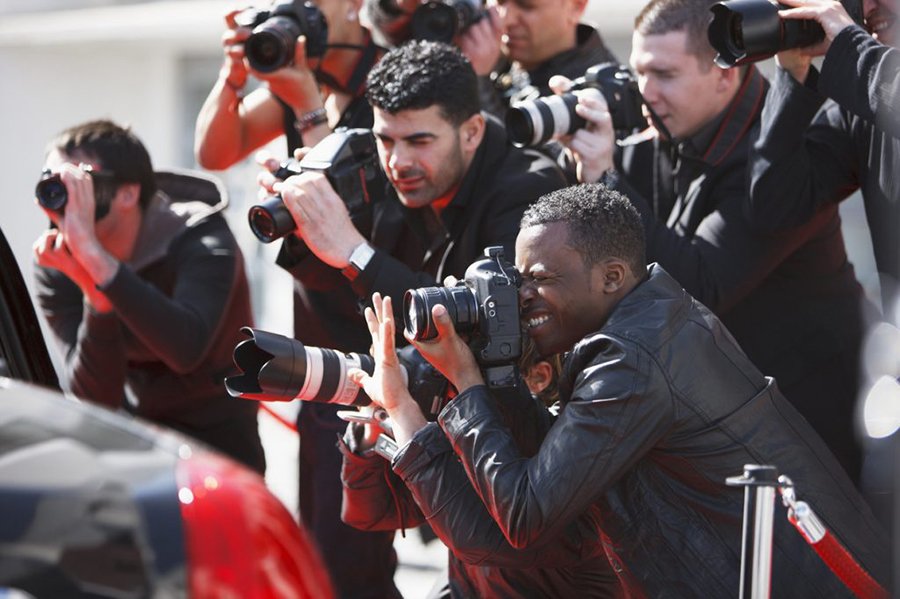
By Dr Miriam McGowan
Department of Marketing, University of Birmingham
Many thought the marriage of Prince Harry and Meghan Markle symbolised a ‘new era’ for the Royal Family. However, 19 months later Harry and Meghan have decided to step down as senior royals, with a view to become financially independent and gain a “more peaceful life”. This follows months of speculation, especially after an ITV documentary in October, highlighting the couple’s struggle with the relentless media scrutiny.
To date, Harry and Meghan have agreed to stop using their HRH titles and will no longer formally represent the Queen, or carry out royal duties and military appointments. In return, the couple wants to fundamentally alter their relationship with the media. Rather than engage with the Royal Rota, a core group of UK media outlets that cover official engagements by members of the Royal Family, the couple plan to engage more directly with the public and only engage with select media outlets.
This decision is likely influenced by the couple’s oftentimes strained relationship with the UK media. As early as November 2016, Prince Harry condemned the British press’s treatment of his then girlfriend, highlighting the sexist and racist undertones of many comment pieces and articles. This escalated in 2019, when Prince Harry launched an unprecedented attack on the British tabloid press over its treatment of his wife, saying he refused to be a “silent witness to her private suffering”.
The Guardian recently reported that the Duchess of Sussex received more than twice as many negative as positive headlines between May 2018 and mid-January 2019 (out of all relevant articles in 14 print newspapers 43% were negative and 12% were positive). However, Meghan is not the only one at odds with the press. In the past, the Duchess of Cambridge has also had a rocky relationship with the media, including being awarded €100,000 (£91,000) over topless photographs, and making police complaints about media harassment.
The saga of Harry and Meghan’s decision to step back from their senior roles has enthralled the nation, sparking a huge amount of write-ups. Arguably, the couple offers a convenient proxy for current issues surrounding race, class, gender, privilege, and the British identity, further enhanced by the couple’s celebrity status. The New York Times writes, “Prince Harry and Meghan’s defenders see a multiracial, trans-Atlantic family seeking refuge from a vindictive press and the hidebound traditions of royal life. Critics see a self-indulgent pair who want the perks of royalty without its responsibilities, forsaking queen and country for the stardust of Hollywood”. It is important to remember that all information available to the public is mediated by gatekeepers, who have a vested interest in keeping the story alive.
The couple’s decision to strike out their own path opens up commercial opportunities. Of course, they are not the first – Prince Charles sells over £200m a year worth of organic food under his Duchy brand, for example. However, the couple represents something new, being on their way to becoming a global brand. With their high brand awareness and huge online following (to date ‘Sussex Royal’ has over 11 million followers on Instagram), they seem poised to become global influencers. This would require them to provide their online following with a continuous stream of ‘content’. It is difficult to see how the interest in their private life would abate if they were to full-time global influencers. However, one can hope that the couple will be able to find a workable solution, which allows their family to flourish.
